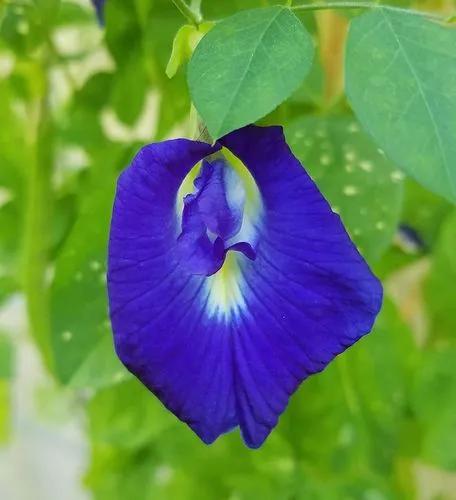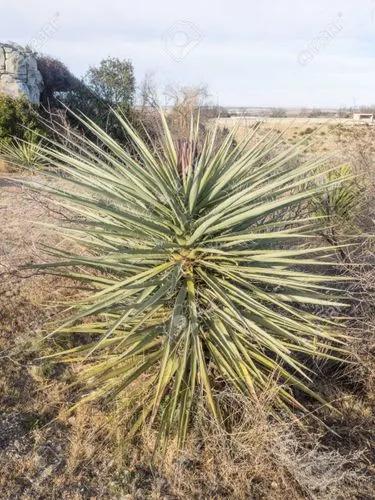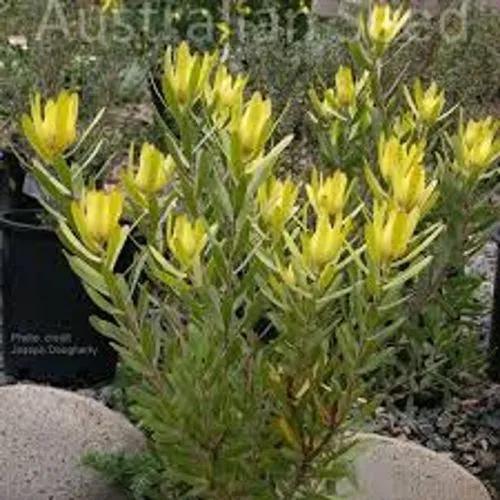Tillandsia tectorum is a species in the genus Tillandsia. It is native to Peru and Ecuador where it can be found growing in large populations on Andean cliff faces and outcroppings. It is a rare air plant to find.
Tectorum Air Plant Care
Tillandsia tectorum



The large, fuzzy trichomes and overall whimsical appearance appearance of Tillandsia tectorum have made it exceptionally popular among both air plant novices and enthusiasts. This plant's unique form is due the extreme conditions in its native Andean climate. In Peru, Tectorum is seen growing in rugged, arid regions alongside cacti and agave in full sun. Due to the exposure to such bright ultraviolet light, the plants have adapted with large trichomes to reflect the strong solar radiation. Due to the variability of climate and elevation (from 3,000 to 8,200 feet) in their native range, mature Tectorum air plants vary significantly in size. Their flowers are a gentle pink with tiny, violet bracts. The trichomes also serve to catch nutrients blowing in the wind in an otherwise low-nutrient environment. During the rainy season, the plants are subjected to bursts of heavy rain
How to Care for the Plant

Water

The frequency of watering t. tectorum depends upon your climate. if it is humid where you live, thoroughly misting the plant once every three weeks is sufficient. in arid climates, you will need to mist your t. tectorum once a week. to water a t. tectorum, thoroughly mist it once a week to once every three weeks, depending on your climate.

Pruning

Dead or dying sections of the plant can encourage pest infestation or disease. Removing these not only makes your houseplant look better, but reduces the risk of further problems down the line.

Fertilizer

Use slow-release fertilizer for container plants. Avoid using too much fertilizer.

Sunlight

This plant needs a lot of sunlight, but it has to be protected from the strongest rays of the sun.

Soil

Use a well-draining indoor potting mix with perlite to help with drainage.

Temperature

Tillandsia tectorum does best in warm environments between 50-80°F.

Container

Ceramic pots are the most popular type of containers for houseplants today. You'll find them in all kinds of styles, colors, and sizes. At one time, the clay pot was the most common container for indoor plants. When choosing a pot, choose a pot that is 2.5-5 cm (1-2”) larger than the current size.

Popularity

465 people already have this plant 156 people have added this plant to their wishlists
Discover more plants with the list below
Popular articles






